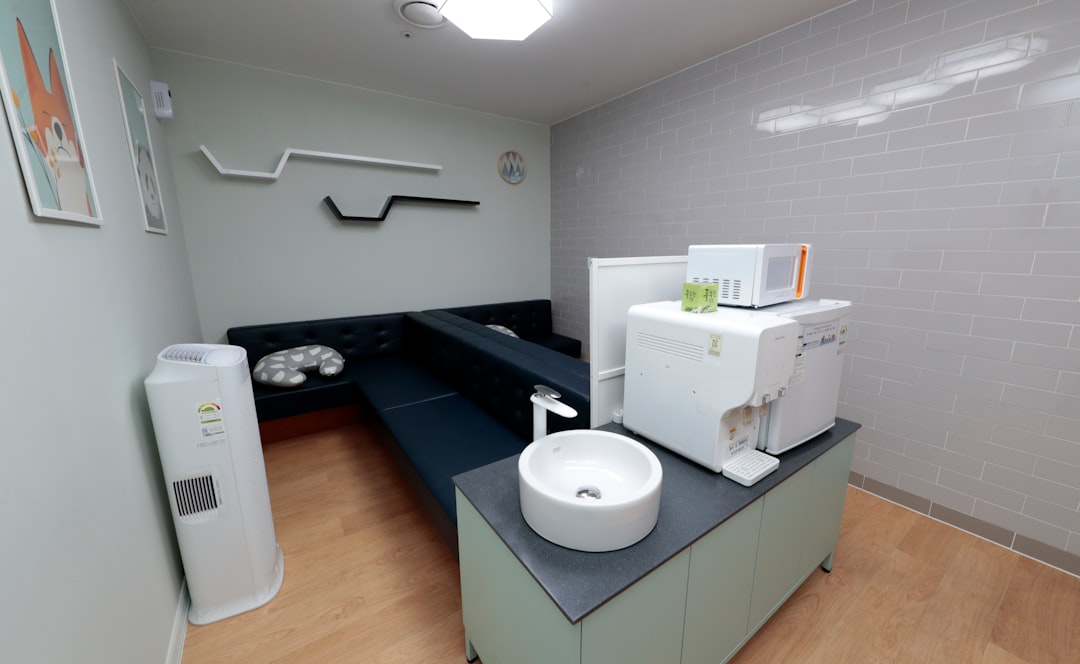Category: Relationships
Postpartum emotional recovery: healing beyond the physical
The first weeks after giving birth are filled with contradictions. You might feel overwhelming love for your baby while simultaneously grieving the person you were before. You may experience profound joy one moment and crushing anxiety the next. This emotional complexity isn’t a sign that something’s wrong with you—it’s a natural response to one of life’s most significant transitions.
Redefining productivity: how pregnancy and parenthood transform workplace perspective
**76% of working parents say becoming a parent boosted their motivation at work**—yet many employers still treat pregnancy and parenthood as productivity liabilities rather than leadership incubators. This fundamental disconnect costs companies talent, innovation, and competitive advantage while overlooking a powerful truth: parents don’t lose their edge when they welcome children. They develop an entirely new skill set that makes them more valuable employees.
Redefining productivity: how pregnancy and parenthood transform workplace perspective
Becoming a parent changes everything—including how you show up at work. While outdated workplace cultures still view pregnancy and parenthood as career interruptions, research reveals a different story: employees who become parents often develop enhanced capabilities that directly translate to stronger workplace performance.
The ROI of supporting employees through pregnancy and postpartum
When a valued employee announces her pregnancy, forward-thinking organizations see an opportunity—not just a logistical challenge. Companies that invest in comprehensive maternity wellness policies aren’t simply being generous; they’re making strategic business decisions with measurable returns extending far beyond the individual employee.
How supporting expecting employees strengthens workplace resilience
In today’s competitive business landscape, organizations are increasingly recognizing that their greatest asset isn’t their technology, products, or services—it’s their people. When those people include expectant and new parents, how businesses support them can make or break workplace resilience.
Creating family-friendly workplaces: supporting employees through pregnancy and beyond
When a skilled employee announces their pregnancy, how your organization responds can make the difference between retaining valuable talent and losing them to the “maternal exodus.” With 46% of highly skilled women leaving the workforce after becoming mothers, companies face a significant talent drain that impacts both culture and bottom line, as highlighted in a [Beginning.com report on maternal health leadership](https://home.beginning.com/blog/relationships/maternal-health-workplace-leadership/).
Postpartum boundaries: Protecting your space and energy as a new mom
The overwhelming exhaustion of sleepless nights. The cascade of hormonal changes. The physical recovery from birth. And somehow, in the midst of this intense transition, you’re expected to host visitors, respond to texts, and be “on” for everyone else.
Pregnancy and friendships: Why your social circle may shift
Have you noticed your friendships changing since those two lines appeared on your pregnancy test? One minute you’re sharing every detail of your life with your best friend, and the next, you’re wondering why they seem suddenly distant—or why you’re the one pulling back.
How supporting postpartum employees builds long-term loyalty
When **24% of women leave the workforce in the first year of motherhood** and **95% of postpartum mothers remain disengaged for up to three years**, organizations face a critical decision: treat postpartum support as a strategic priority or accept massive, preventable talent loss. The companies choosing the former are building workforces defined by loyalty, engagement, and sustained performance—while their competitors struggle with the mounting costs of turnover.
Postpartum loneliness: Why it happens and how to find connection
When the nursery is finally set up and your baby has arrived, there’s an expectation of pure joy. Yet for many new mothers, a different reality emerges – one where despite having a tiny human who needs you constantly, you feel surprisingly alone. This paradox of being needed around the clock yet feeling isolated is postpartum loneliness, and if you’re experiencing it, you’re in remarkably common company.










